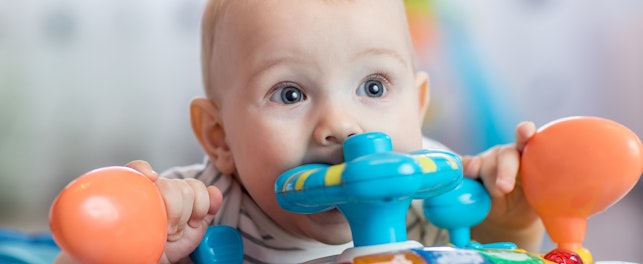Brazil has published an ordinance detailing the consolidated technical regulations and conformity assessment requirements for cribs. The ordinance became effective on April 1, 2021.
In March 2021, Brazil’s Ministry of Economy/National Institute of Metrology, Quality and Technology (Ministério da Economia/Instituto Nacional de Metrologia, Qualidade e Tecnologia,, Inmetro) published Inmetro Ordinance No. 143 of March 22, 2021 (Portaria No. 143, de 22 de Março de 2021) approving the consolidated quality technical regulation and conformity assessment requirements for cribs (the Ordinance).
The Ordinance became effective on April 1, 2021 and repealed Inmetro ordinances 53/106 and 195/2020 on cribs
Highlights of the ordinance are summarized in Table 1.
| Ordinance No. 143 of March 22, 2021 Approving the Quality Technical Regulation and Conformity Assessment Requirements for Infant Cribs – Consolidated | |
|---|---|
| Section | Highlight |
| Scope |
|
| Pre-Market Requirements |
|
| Market Surveillance |
|
| Annex I ‘Quality Technical Regulation’ |
|
| Annex II ‘Conformity Assessment Requirements'’ |
|
| Annex III ‘Conformity Identification Seal’ |
|
Table 1
| Entry | Standard | Title |
|---|---|---|
| 1 | ABNT NBR NM 300-1:2011 | Toy Safety - Part 1: General, mechanical and physical properties |
| 2 | ABNT NBR 5426:1985 | Sampling plans and procedures for attribute inspection |
| 3 | ABNT NBR 15860-1:2016 | Furniture – Children´s cots and folding cots for domestic use Part 1: Safety requirements |
| 4 | ABNT NBR 15860-2:2016 | Furniture – Children´s cots and folding cots for domestic use Part 2: Test methods |
| 5 | ABNT NBR 16067-1:2012 | Furniture – Cribs, rocking or pendulum cradles up to 900 mm for home use. Part 1: Safety requirements |
| 6 | ABNT NBR 16067-2:2012 | Furniture – Cribs, rocking or pendulum cradles up to 900 mm for home use. Part 2: Test methods |
Table 2. Complementary safety standards (Annex II)
SGS is committed to providing information about development in regulations for consumer products as complimentary services. Through a global network of laboratories, SGS provides a wide range of services including physical/mechanical testing, analytical testing and consultancy work for technical and non-technical parameters applicable to a comprehensive range of consumer products. In the end, it’s only trusted because it’s tested. Contact us for more information or visit our website.
For enquiries, please contact:
Hingwo Tsang
Global Information and Innovation Manager
t: (+852) 2774 7420
© SGS Group Management SA - 2021 - All rights reserved - SGS is a registered trademark of SGS Group Management SA. This is a publication of SGS, except for 3rd parties’ contents submitted or licensed for use by SGS. SGS neither endorses nor disapproves said 3rd parties contents. This publication is intended to provide technical information and shall not be considered an exhaustive treatment of any subject treated. It is strictly educational and does not replace any legal requirements or applicable regulations. It is not intended to constitute consulting or professional advice. The information contained herein is provided “as is” and SGS does not warrant that it will be error-free or will meet any particular criteria of performance or quality. Do not quote or refer any information herein without SGS’s prior written consent.



